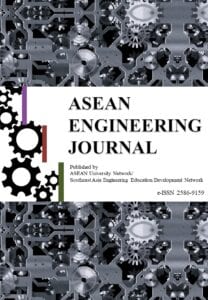IMPLEMENTATION OF LOW COST FPGA REMOTE LABORATORY
DOI:
https://doi.org/10.11113/aej.v5.15455Abstract
Traditional laboratories are being complemented by virtual and remote laboratories. Students attend traditional laboratories in class and after hours perform experiments remotely, often from their home. There have been several remote laboratories that have been developed for a range of disciplines. This paper proposes a remote laboratory for teaching FPGA and HDL at low cost. The remote laboratory is made of one server and multiple remote hardware sets. Each remote hardware set consists of one control board and at least one FPGA board. The Altera Development and Education (DE) Board is based on the Cyclone II 2C20 FPGA and is physically connected to the control broad. Both boards communicate with a computer server. The control board relays the FPGA inputs/outputs to the server, which in turns sends the status of the outputs to the client over the Internet to visually display the results. Students use a computer client to perform experiments remotely on the FPGA. This architecture is designed to have high scalability and low data bit rate communication link with the average client requiring only a data rate of 450B/s. A FPGA board is planned to be used as a traditional laboratory during day and reassemble with a control board and a server to become a remote laboratory at night.
















